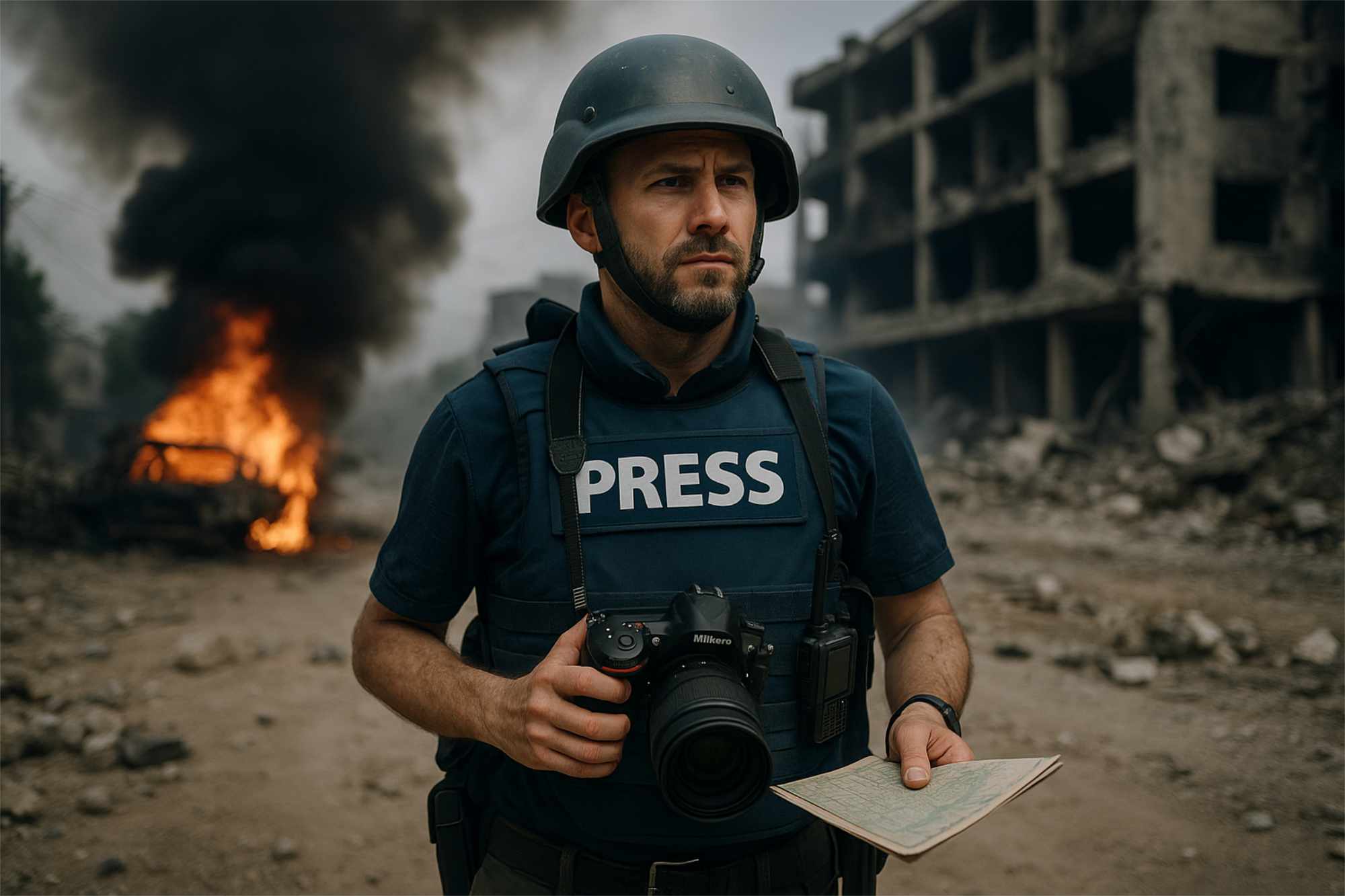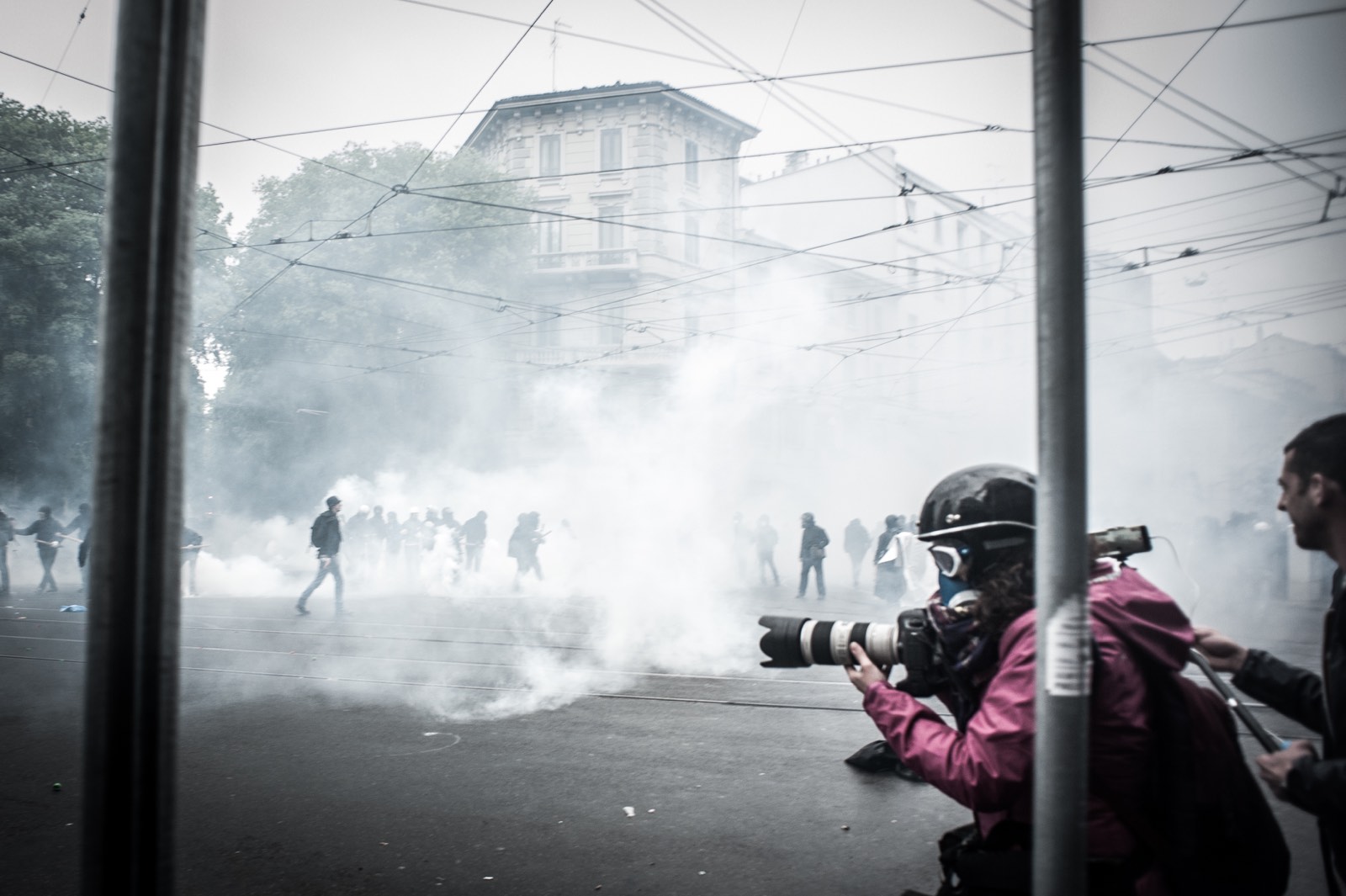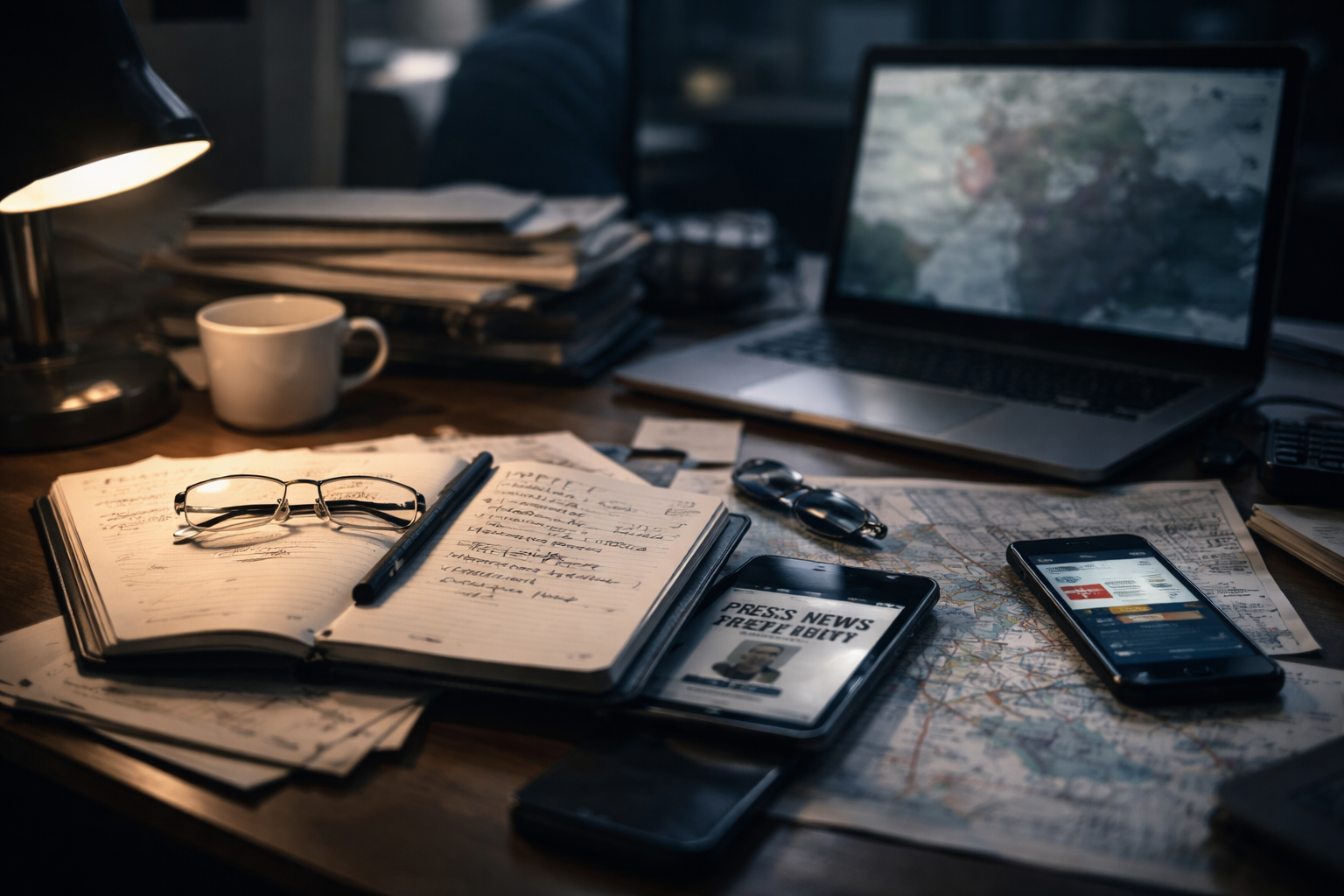Media Safety Guidelines in Conflict Zones: What Every Journalist Needs to Know

Journalism has never been a risk-free profession. But when reporting from conflict zones, the stakes rise dramatically. The dangers are real and varied: physical violence, abduction, equipment seizure, psychological trauma, and even death. For journalists, fixers, photographers, and media support workers, knowing how to protect yourself isn't optional—it's a professional necessity.
That’s why insuranceforthemedia.com works with people heading into the world’s most volatile regions. Whether you're a staff reporter or freelancer, the same rule applies: preparation saves lives.
This guide breaks down the safety protocols and duty-of-care standards that every media professional should follow before, during, and after an assignment in a high-risk area.
Pre-Deployment Preparation
Before even boarding a flight, you must:
- Conduct a Risk Assessment: Know the factions involved, patterns of violence, cultural risks, and logistical challenges in your deployment zone.
- Undergo HEFAT Training: Hostile Environment and First Aid Training (HEFAT) teaches you how to respond to threats, injuries, and evacuation scenarios.
- Arrange Specialist Insurance: Standard travel insurance is void in war zones. You need conflict-zone coverage like Emergency Medical Evacuation Insurance or Short-Term Field Assignment Cover.
- Establish a Comms Plan: Set up a system for daily check-ins, fail-safes, and GPS tracking.
- Know Your Exits: Always have at least two evacuation routes planned and shared with someone you trust.
On-the-Ground Physical and Operational Security
Safety doesn’t stop with planning. In the field:
- Wear the Right Gear: PRESS-labelled body armour and helmets are essential. Don't forget trauma kits, satellite phones, and portable power sources.
- Assess Each Situation in Real Time: Violence can erupt without warning. Be ready to withdraw without hesitation.
- Blend or Be Visible: In some regions, a low profile is safest. In others, being clearly identified as PRESS might offer protection.
- Stay With Your Team: Working solo increases risk exponentially. Keep communication active.
For up-to-date field guidance, see trusted bodies like the International Committee to Protect Journalists and RSF.
Digital and Information Security
Protecting your data can save lives:
- Use Encryption: Tools like Signal and ProtonMail help secure your communications.
- Obfuscate GPS Data: Never post real-time location information online.
- Protect Sources: Any metadata, photos or names linked to local contacts must be encrypted and anonymised.
- Secure Devices: Ensure all laptops and phones use strong passwords and remote-wipe capability.
Ethical and Cultural Considerations
- Be a Reporter, Not a Rescuer: Your role is to observe, not intervene.
- Respect Local Norms: A cultural misstep can put your team at risk.
- Avoid Publishing Harmful Content: Anything that inflames tensions or endangers civilians should be withheld.
Organisational Duty of Care
Newsrooms and media agencies have a legal and ethical responsibility to:
- Ensure Voluntary Deployment: No journalist should be coerced into covering war zones.
- Provide Safety Training: Every team member must be adequately prepared.
- Offer Insurance and Support: This includes trauma counselling, evacuation plans, and legal protection.
- Support Freelancers Equally: Equal risk = equal support.
Many organisations now partner with providers like insuranceforthemedia.com to ensure their duty-of-care obligations are met.
Freelancers: Don’t Be Left Uncovered
You may not have the backing of a large newsroom—but you still need:
- Short-Term Fixer and Freelancer Insurance
- A contingency fund
- A designated emergency contact back home
Take advantage of resources like COSAIN Consultancy’s Media Safety Advisor Training (MSAT) to boost your operational readiness.
Summary Table: Key Principles
PrincipleDetailPreparationRisk assessment, HEFAT training, evacuation routes, specialist insurancePhysical securityPRESS gear, real-time threat response, communications planDigital securityEncrypt data, anonymise sources, hide locationOrganisational dutyVoluntary deployment, freelancer protection, trauma supportEthical journalismCultural sensitivity, non-escalation, truth and responsibility
Final Thought
Covering the truth shouldn’t cost you your life. In volatile regions, journalism is frontline work. That means frontline-level protection.
Whether you’re reporting for a global outlet or working freelance, specialist insurance, proper training, and institutional support are essential.
Want to make sure you’re covered?
Related Resources:



